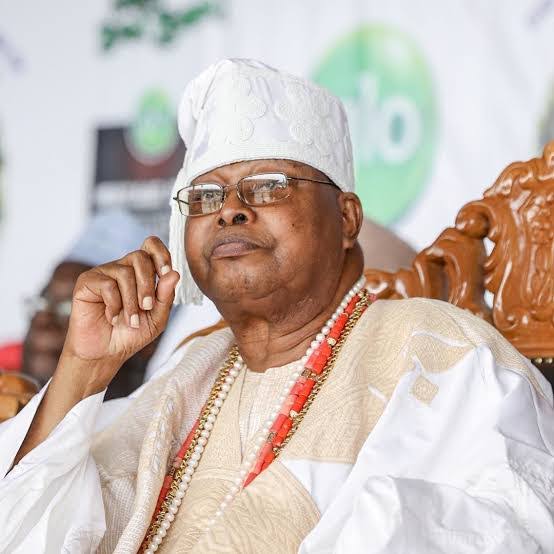By Peter Omopo
As Nigeria continues to balance modern governance with traditional institutions, the Yoruba region remains a beacon of monarchical continuity, with several of its royal fathers having ruled for decades. These monarchs are not just figureheads but vital custodians of culture, tradition, and unity across their communities. Among the most distinguished are:
1. Oba Sikiru Kayode Adetona – Awujale of Ijebuland (Reign: 65 Years)
Oba Sikiru Kayode Adetona stands as the longest-reigning monarch in Yorubaland, having ascended the throne of Ijebuland on April 2, 1960. Now in his 65th year on the throne, the Awujale is widely respected across Nigeria for his outspoken nature, statesmanship, and unrelenting commitment to his people’s welfare.
His reign has witnessed Nigeria’s most transformative eras—from the end of British colonial rule and independence in 1960 to multiple military regimes, and finally, the return to democratic governance in 1999. Through it all, Oba Adetona has remained a steadfast voice for good governance, Yoruba identity, and the preservation of Ijebu customs.
2. Oba Lamidi Olayiwola Adeyemi III – Late Alaafin of Oyo (Reign: 51 Years)
The late Oba Lamidi Adeyemi III, who ruled as the Alaafin of Oyo from January 14, 1971, until his death in April 2022, was another towering figure among Yoruba monarchs. His 51-year reign was one of the longest and most influential in the annals of Oyo history.
A revered scholar of Yoruba culture and history, Oba Adeyemi was known for his intellectual depth, eloquence, and strong advocacy for the preservation of Yoruba tradition in a rapidly modernising Nigeria. His reign elevated the Alaafin stool globally, attracting cultural and political dignitaries from around the world.
Legacy of Stability and Cultural Leadership
These monarchs have not only provided stability within their domains but have also contributed significantly to national discourse. From mediating political tensions to promoting economic development and cultural tourism, their roles extend far beyond ceremonial duties.
As Nigeria continues to evolve, the influence of its longest-reigning traditional rulers remains a testament to the enduring power of culture and the deep respect still held for monarchy in Yorubaland.
Their reigns serve as both a living bridge to the past and a guiding light for future generations seeking identity and continuity amid rapid change.

